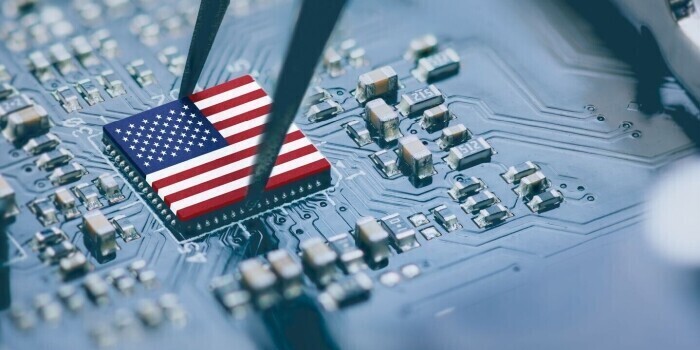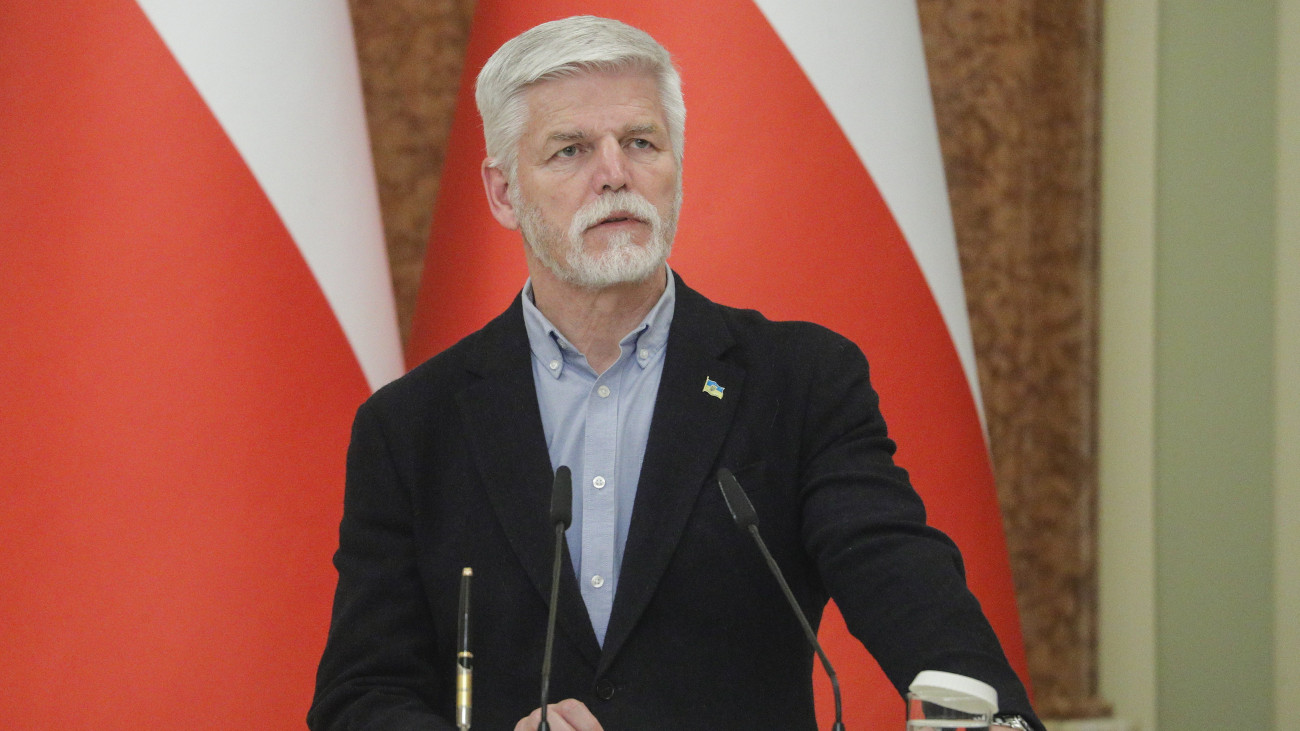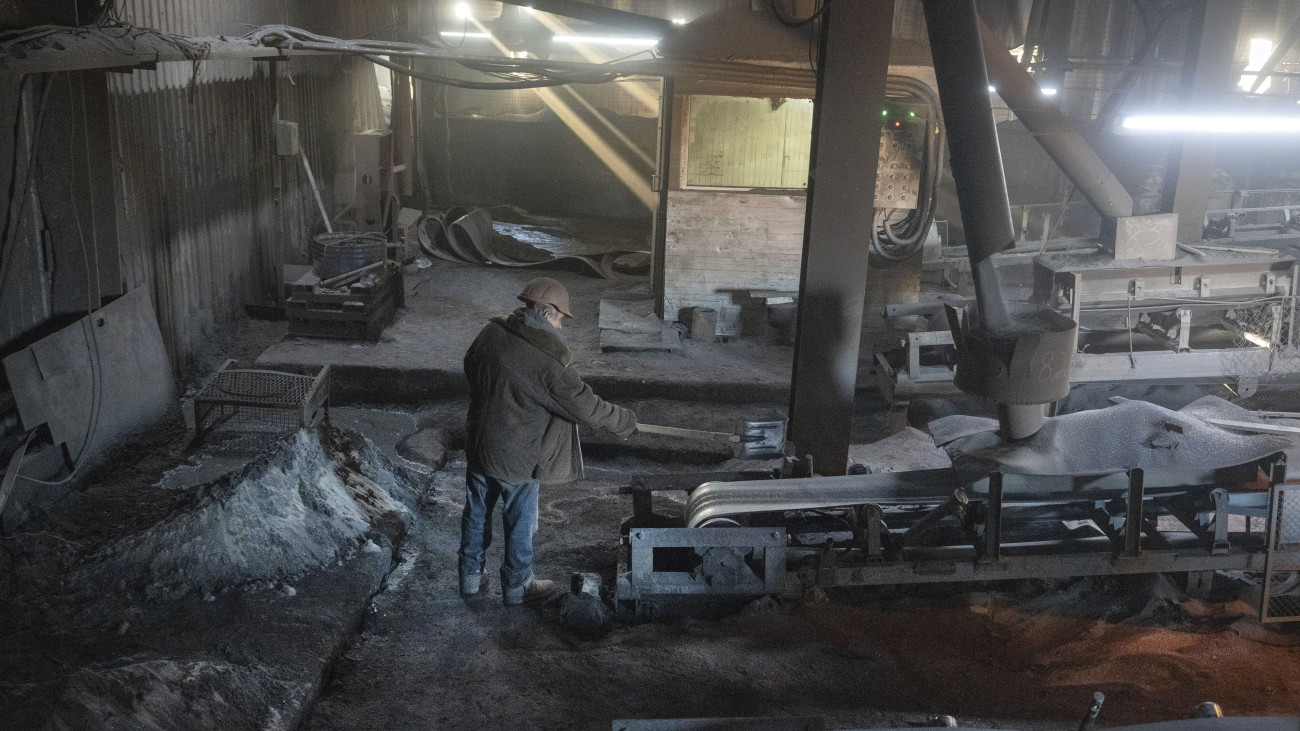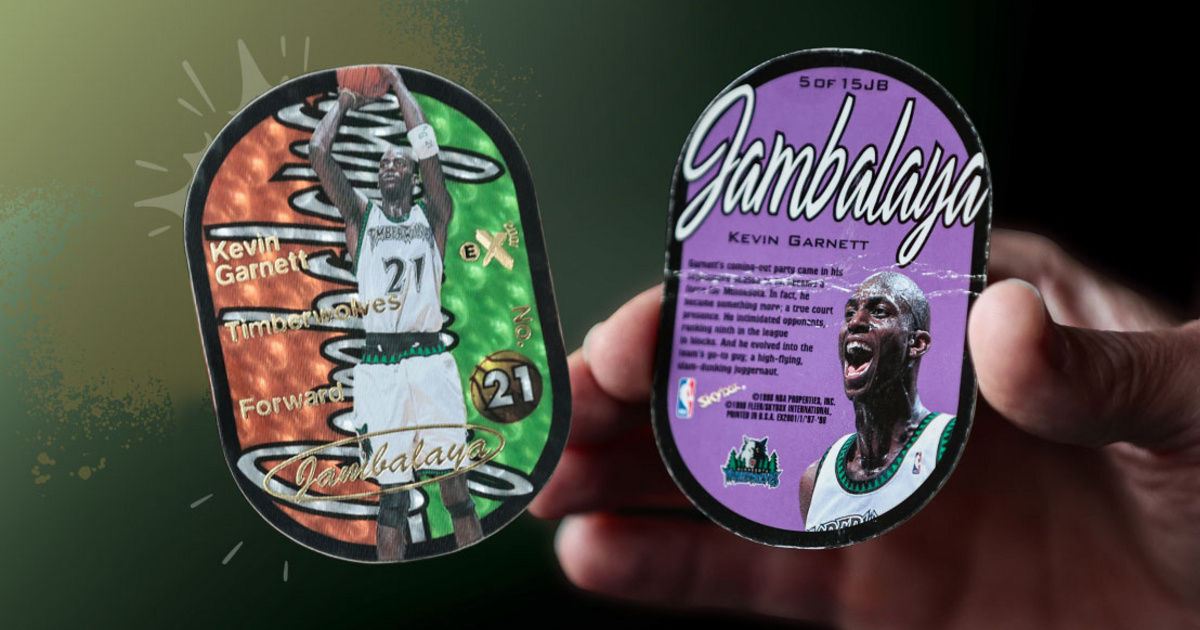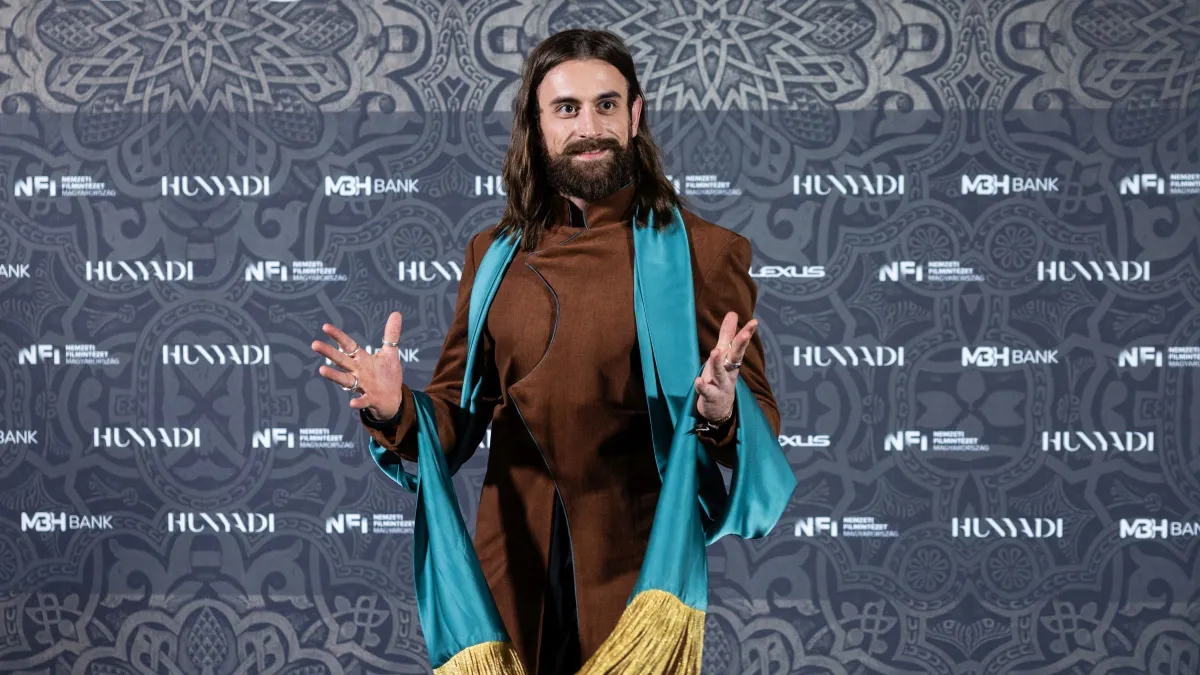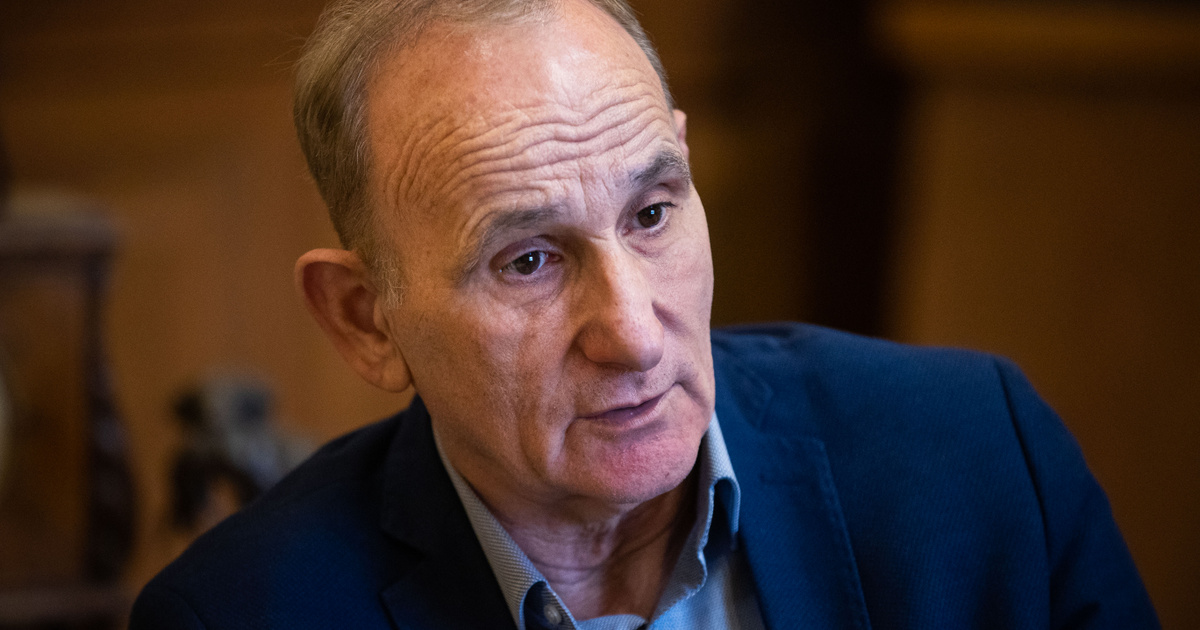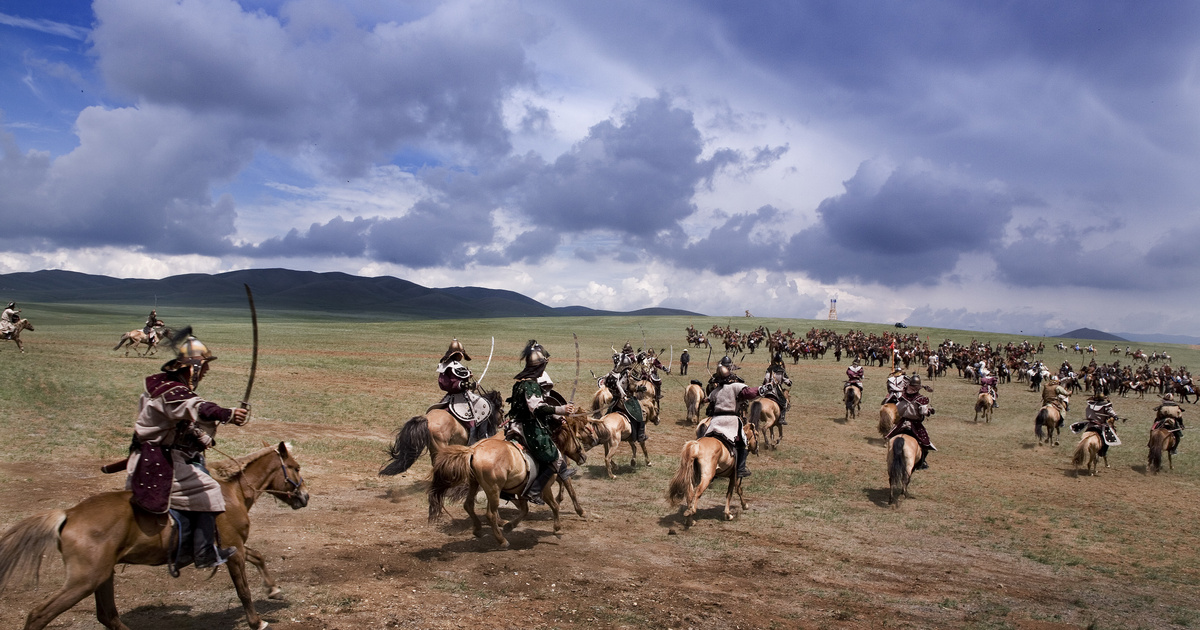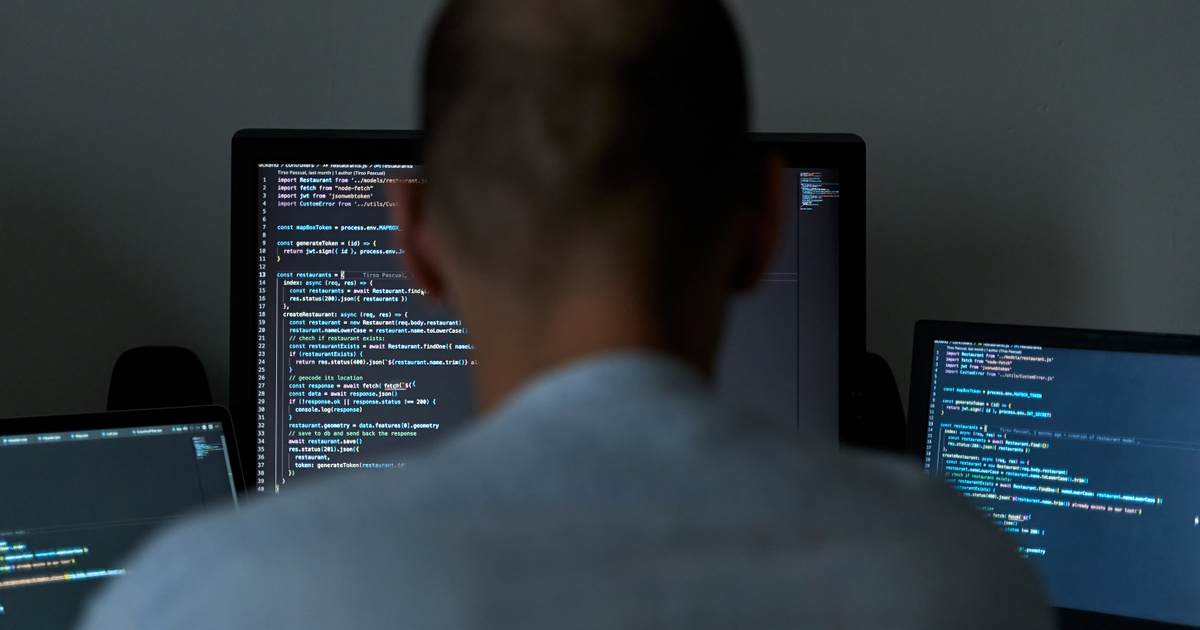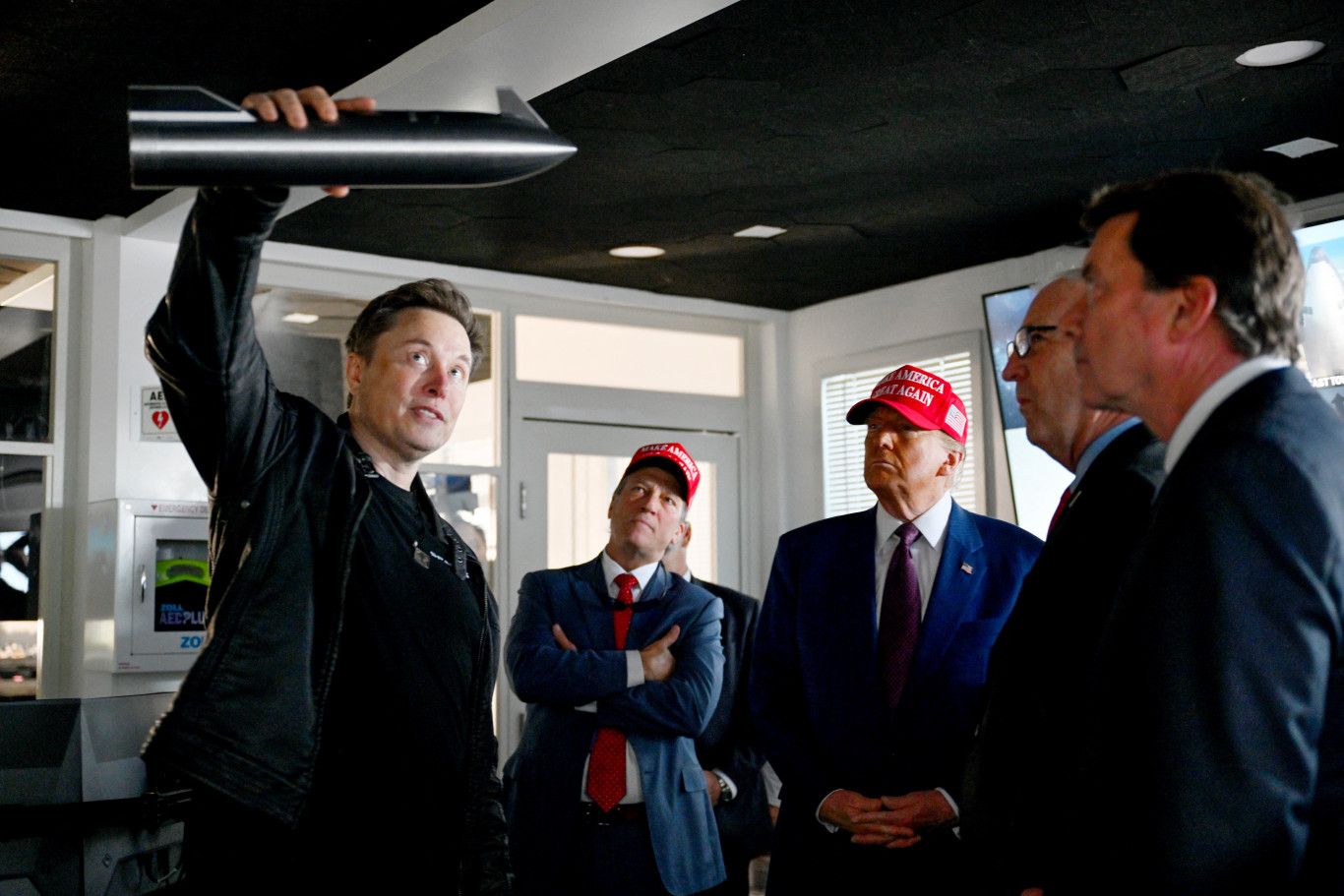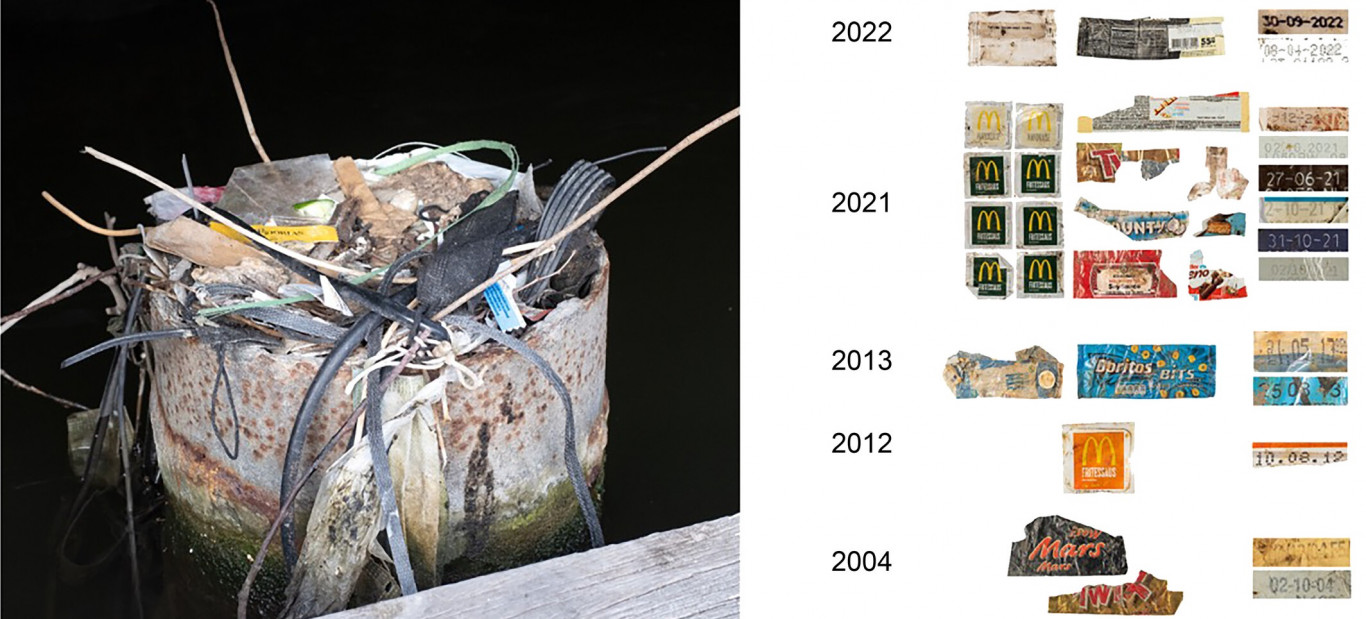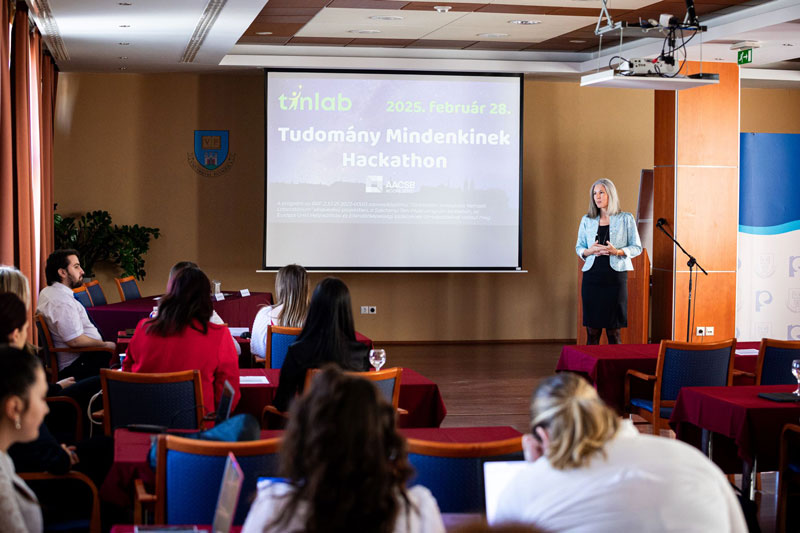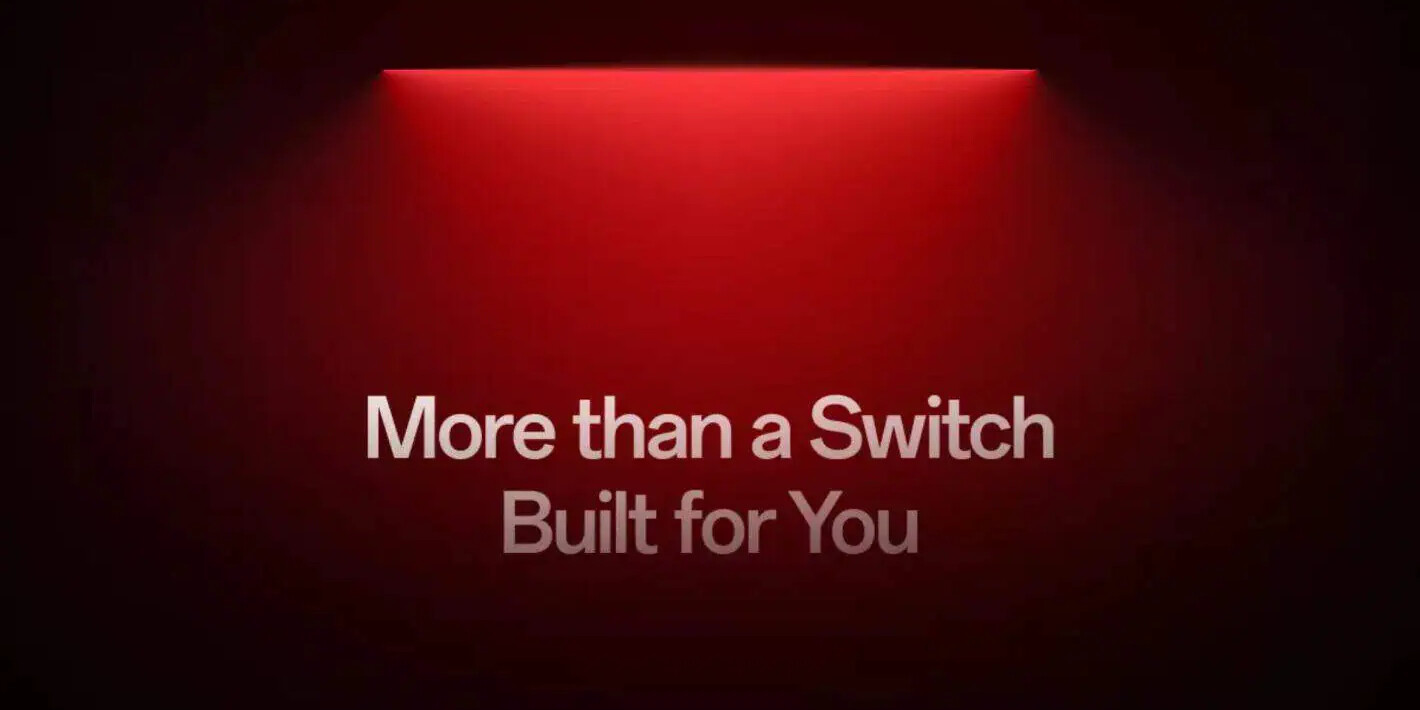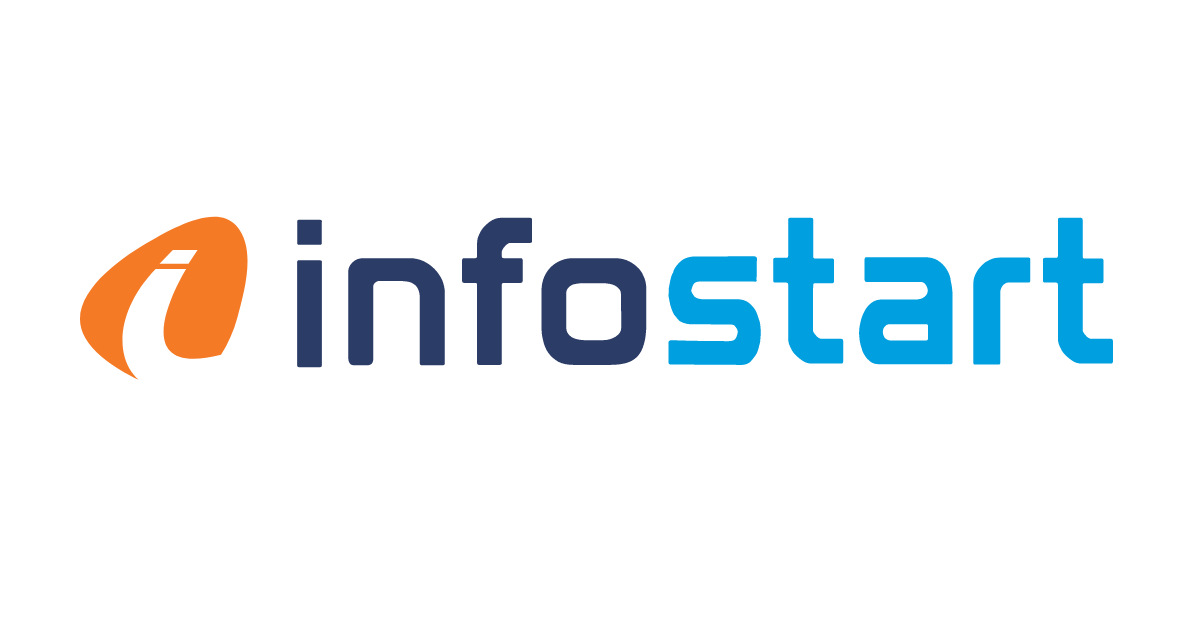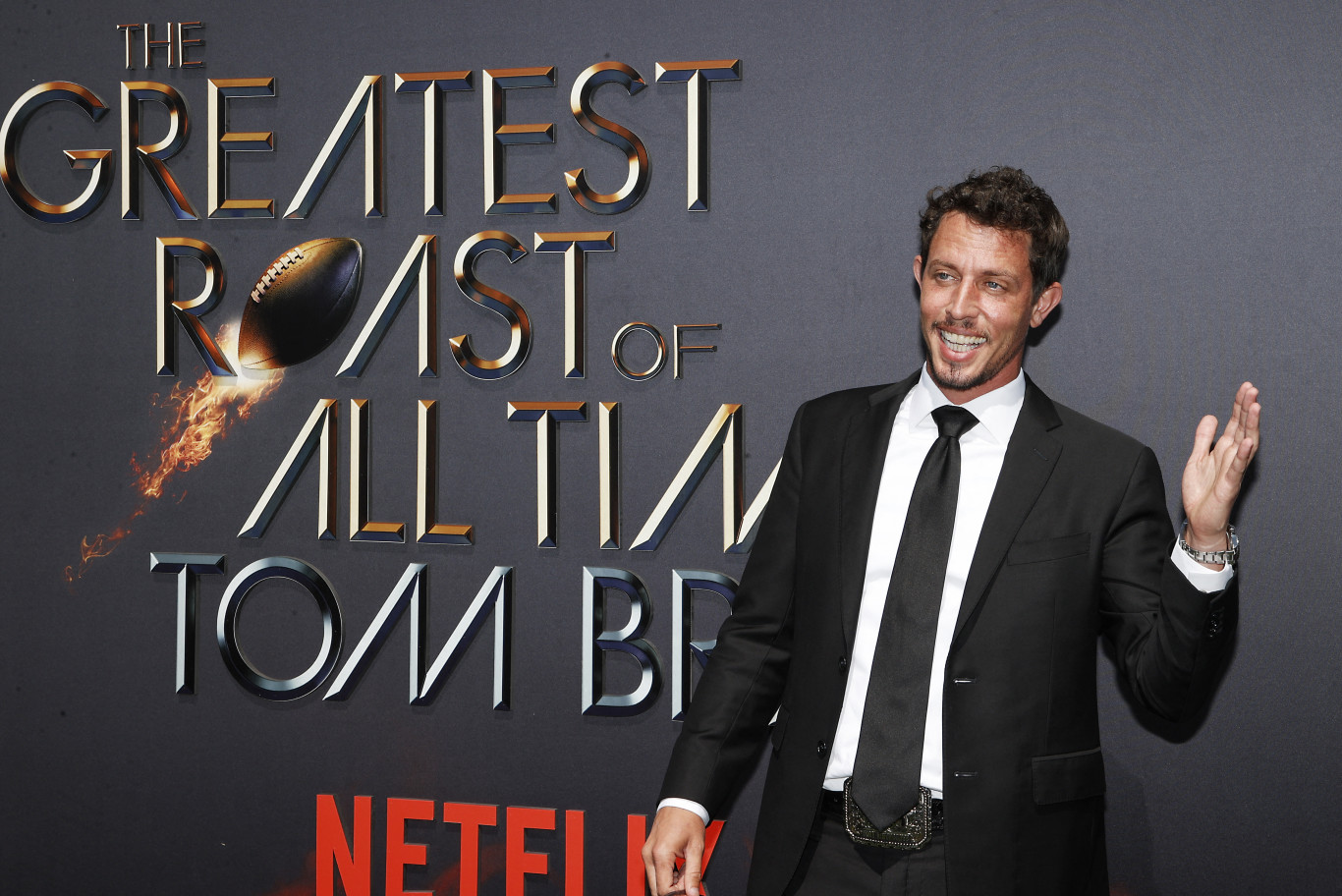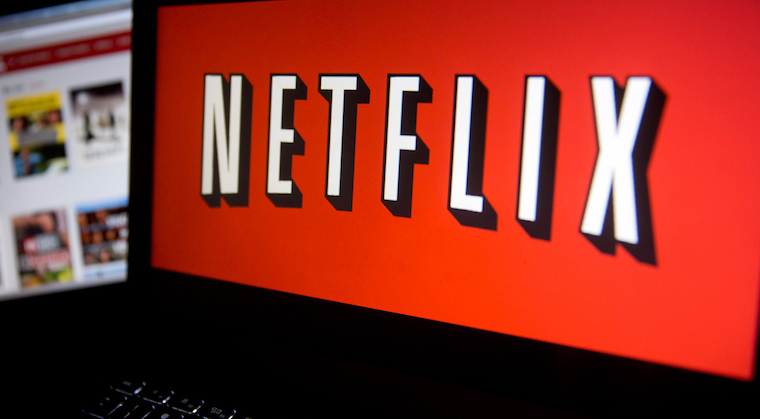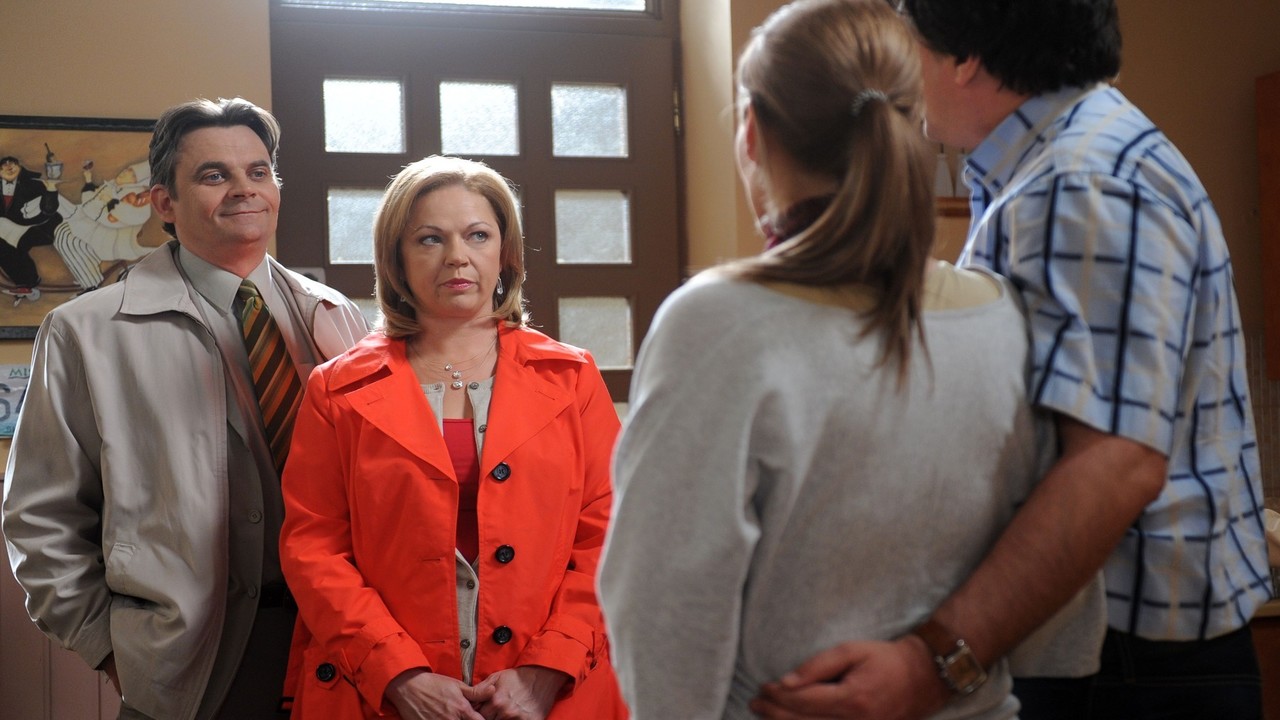Status quo bias is a pervasive part of human behavior. In their 1988 article, Samuelson and Zeckhauser provided several real-world examples of status quo bias that reflect the broad impact of bias.
When serving several sandwiches for lunch, people often choose the sandwich they’ve tasted before. This phenomenon is called regret avoidance: when individuals seek to avoid a potentially unfortunate experience (choosing a new sandwich and not liking it), they decide to stick to the status quo (the sandwich they already know).
In 1985, Coca-Cola introduced “New Coke”, a reinterpretation of the original Coca-Cola taste. Blind tests have shown that many consumers prefer new cola over traditional cola. However, when consumers had the opportunity to decide what type of cola to buy, they chose Coke Classic. New Coke production was finally discontinued in 1992.
In political elections, the incumbent candidate is more likely to win than the challenger. The more candidates in the race, the greater the incumbent’s advantage.
When a company added new insurance plans to its list of insurance options, current employees chose the old plans more often than new hires. New employees usually choose the new offers.

2 Minutes of Science: An Astonishing Discovery – a task we haven’t finished yet that concerns us even more. but why?
Read more…
Participants in the pension program had the opportunity to change the distribution of their investments every year for free. However, despite varying rates of return across options, only 2.5% of participants changed their current contract in a given year. When participants were asked why they had not changed the previous decade, participants were often unable to justify their preference for the status quo.
Cover image: Illustration by Provimedia

